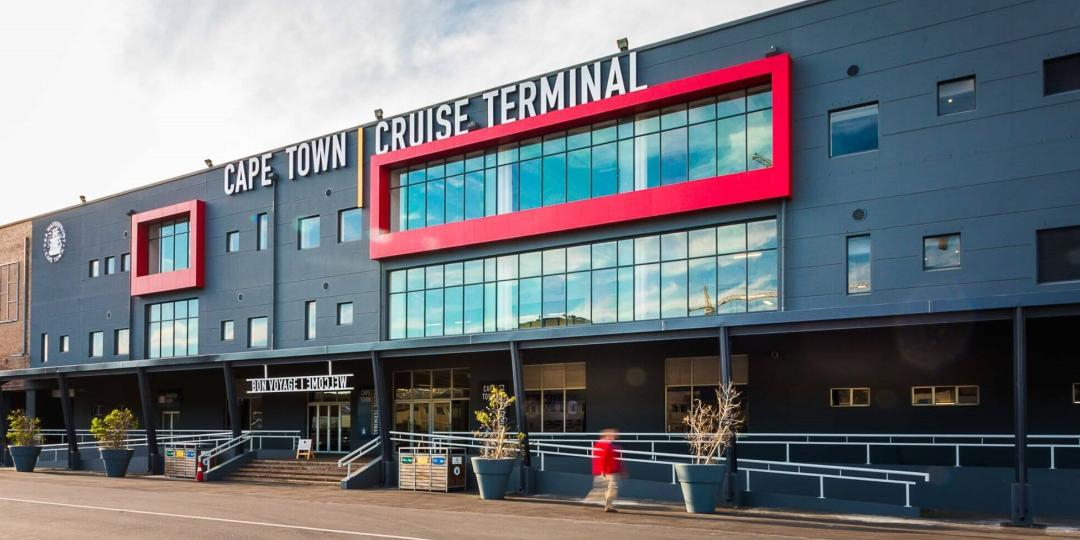As cruise liners continue to divert from the Red Sea owing to security concerns, South Africa is receiving more demand for calls at its ports outside of the country’s typical cruising season, between October and March. But it is not yet clear whether South African ports will be able to harvest this windfall.
“There is confirmation that there have been increased requests for calls for new vessels to come to South African ports,” confirmed Unathi Sonti, Maritime Business Chamber Executive Chairperson.
With these diversions from the Red Sea, Sonti hopes that South African ports will be able to accommodate a broader cruise ship season.
“More revenue could also be gained from these vessels, so the country could address issues such as Cape Town’s limited berth space for cruise liners,” he added.
However, the current capacity at South Africa’s ports may not be sufficient to meet the new demand, despite any intentions the ports may have of taking advantage of the increased traffic.
Capacity chaos
Cunard, among other cruise lines, is reluctant to maintain these routes via South African ports post-conflict as it faces uncertainty and challenges in port capacity, delayed berth confirmations and a lack of customs facilities.
“Cruise ships run on schedules, but the issues come in because SARS customs and border management division is not as tourist-friendly as it could be with cruise ships coming into South Africa,” explained Shaun McCarthy, Owner of Whitestar Cruise & Travel, which represents Cunard in South Africa.
In a letter submitted by Sonti to the Port Consultative Committee Secretariat, he describes how South African ports are currently battling a variety of issues preventing them from being able to take full advantage of the increased cruise line traffic passing:
*Port of Durban – Other than the MSC cruise terminal, which is currently the home port for MSC Cruises throughout the South African cruising season, (when Southern African cruises are in progress), berthing of cruise liners is possible at one other terminal operated by Transnet Port Authority. However, a berth can only be confirmed close to the ship’s arrival time, and it often requires additional government resources to service these cruise ships. Sonti pointed out that cruise liners require berthing confirmation at least one to two years in advance.
*Port of Cape Town – In Cape Town, one berth is available, and it has an overall length of 220m, while the average overall length of the vessels calling is between 250m and 350m. When larger cruise ships occupy the berth space, they encroach into the berth space of Transnet Port Terminals (TPT), resulting in additional charges from TPT paid by agents and cruise lines.
Immigration impasse
Unstandardised, inefficient immigration services of ports in Nelson Mandela Bay, East London and Mossel Bay were noted.
“The challenge is that certain ports do not have available immigration officers or offices when cruise ships and their passengers come into the ports,” said Sonti.
According to the letter, for ships berthed in Nelson Mandela Bay, passengers’ passports are shuttled to an immigration check further ashore. Sonti emphasises that this poses a risk as passports can easily go missing during transit.
The Port of East London is cited as having no immigration services or standardisation of its processes, as every ship is dealt with on a case-by-case basis. Sonti believes this causes reluctance among passenger vessel owners to visit the destination as there are no clear processes during their enquiry stage.
Lastly, the Port of Mossel Bay was reported to have unstandardised immigration services for ship passengers.
Structure is key
Cape Town’s berth length and Durban’s single MSC-dominated cruise terminal are not the only capacity issues faced by South African ports.
Nelson Mandela Bay has no dedicated port terminal, and its berth availability can only be confirmed one day in advance, confusing onshore tour operators planning excursions with unknown disembarking times.
“As the Maritime Business Chamber, the bigger picture here is the establishment of the Maritime and Shipping Affairs Ministry in South Africa, which will be able to address and provide solutions for the separation of gateway and trans-shipment ports to realise their challenges and opportunities,” concluded Sonti.














